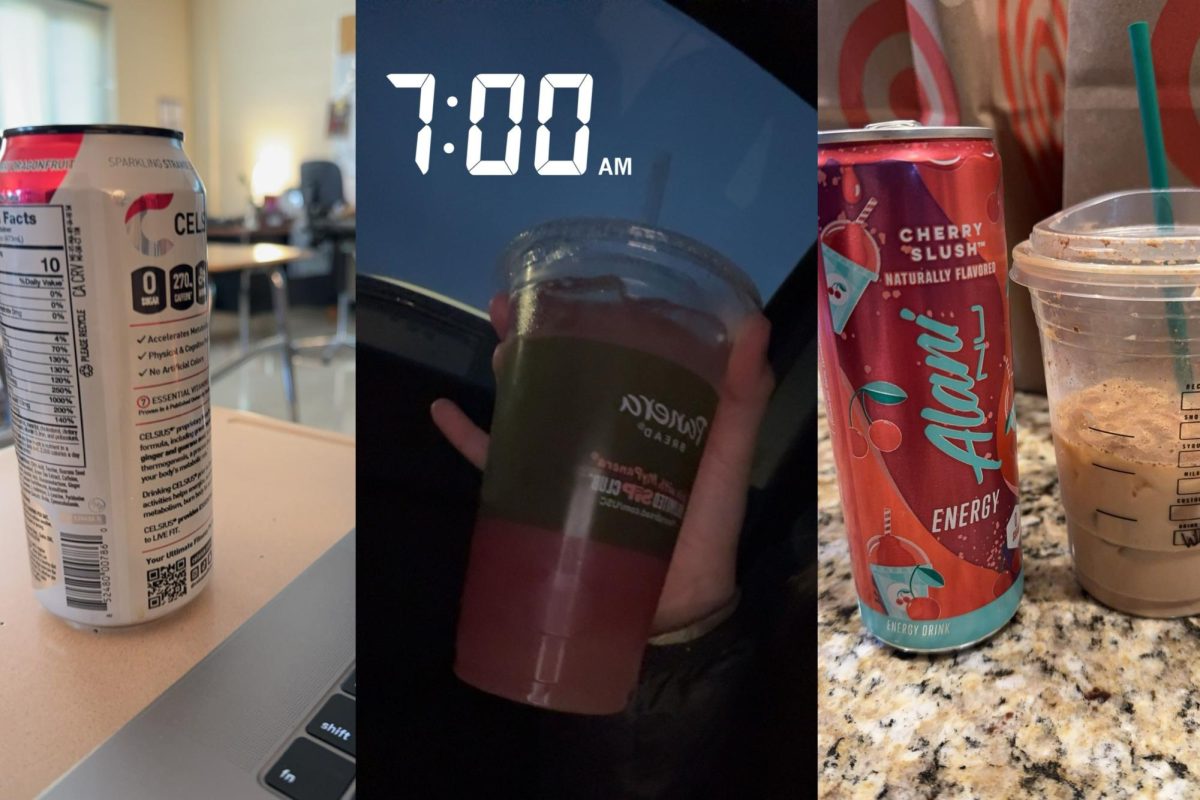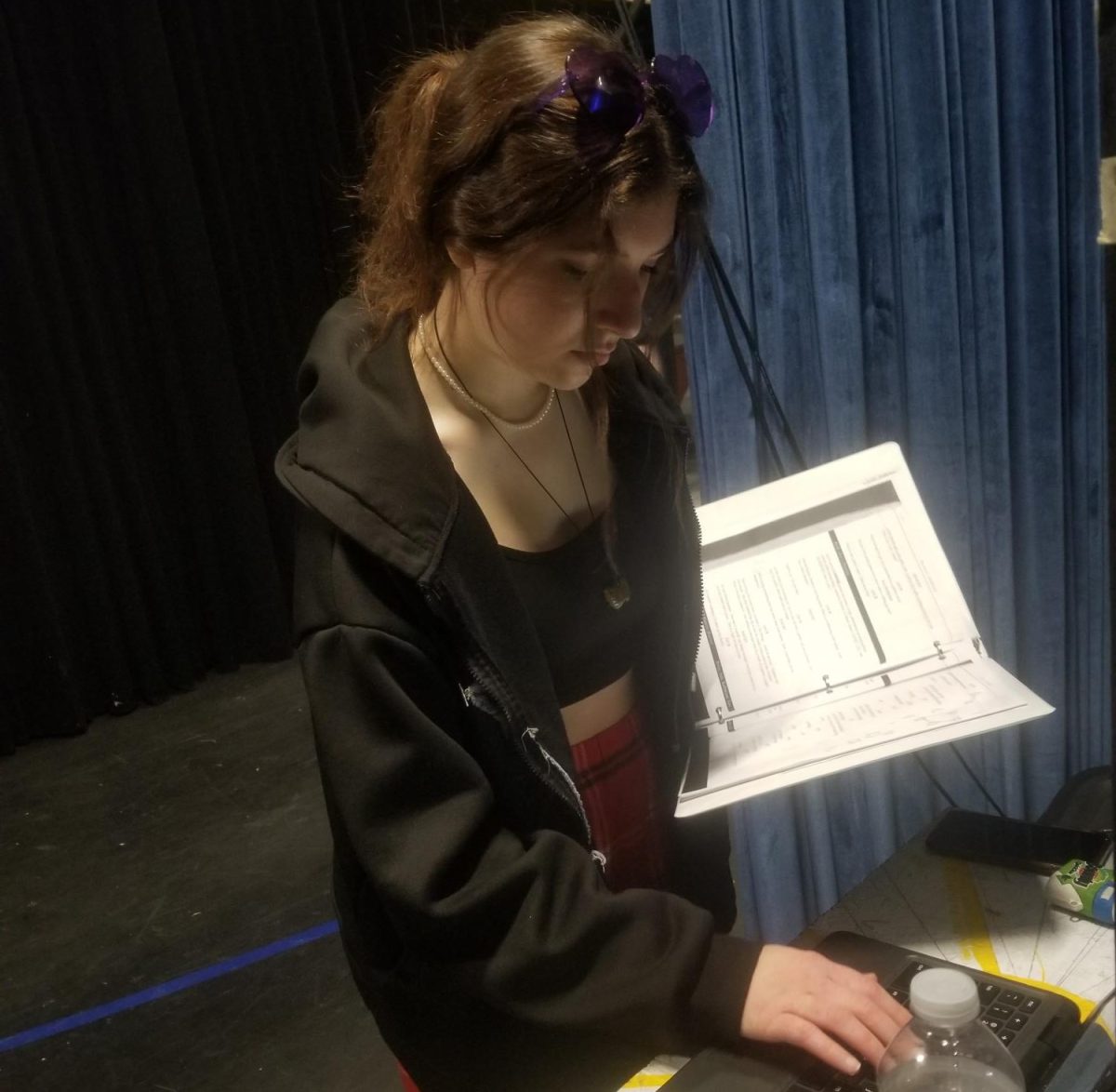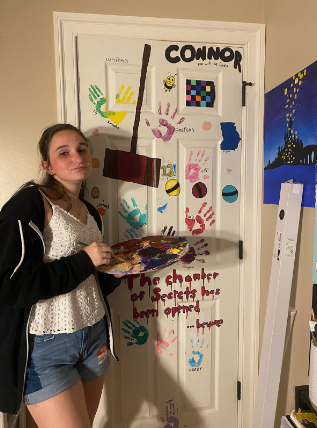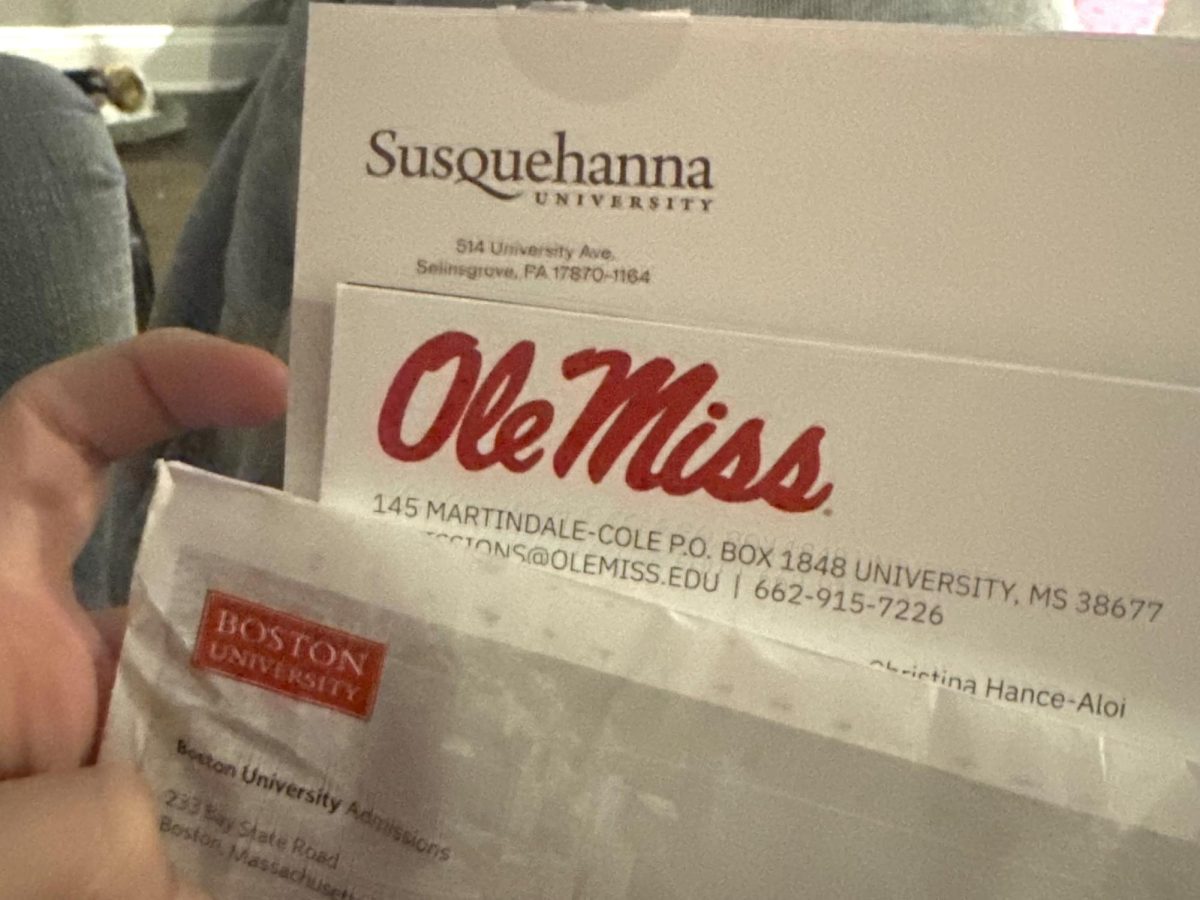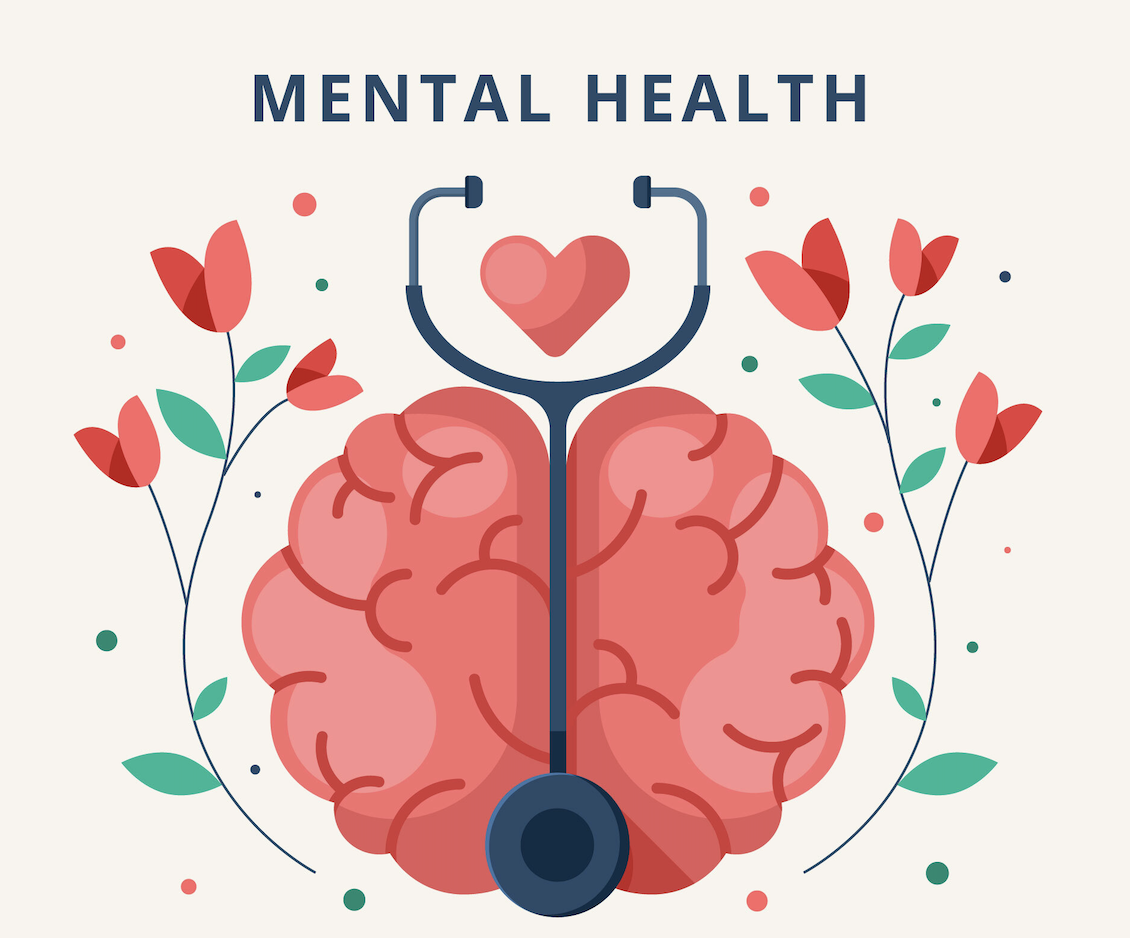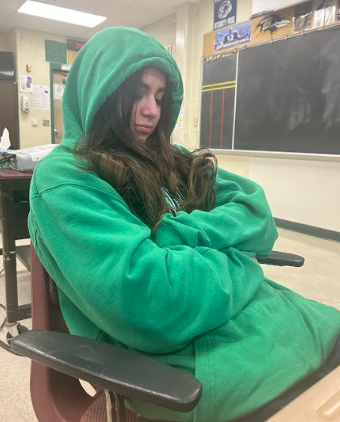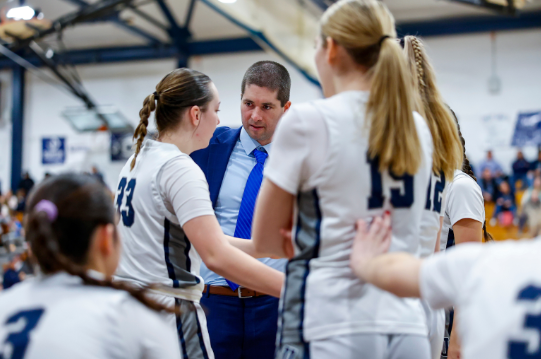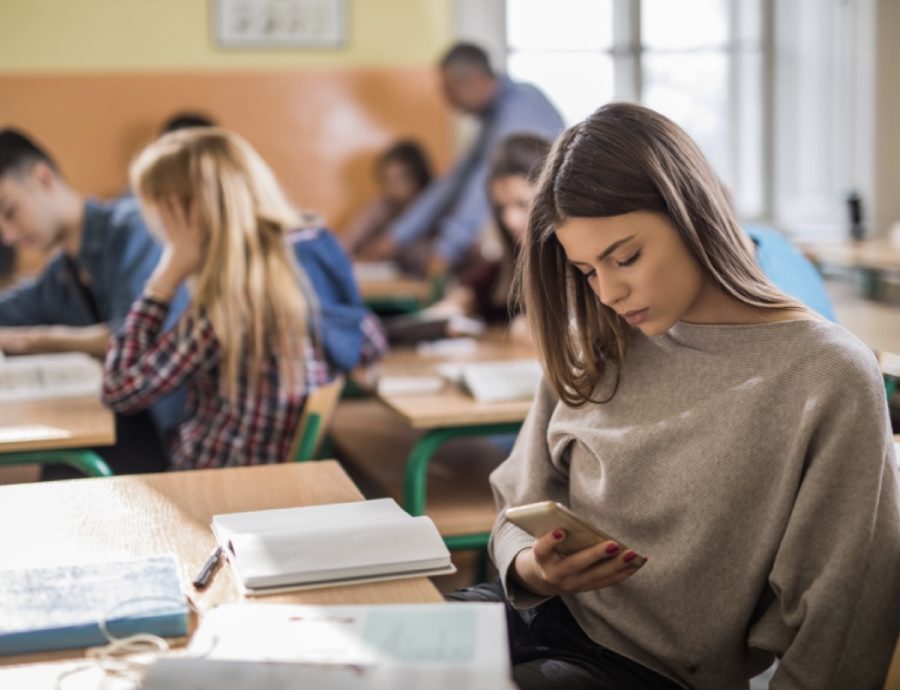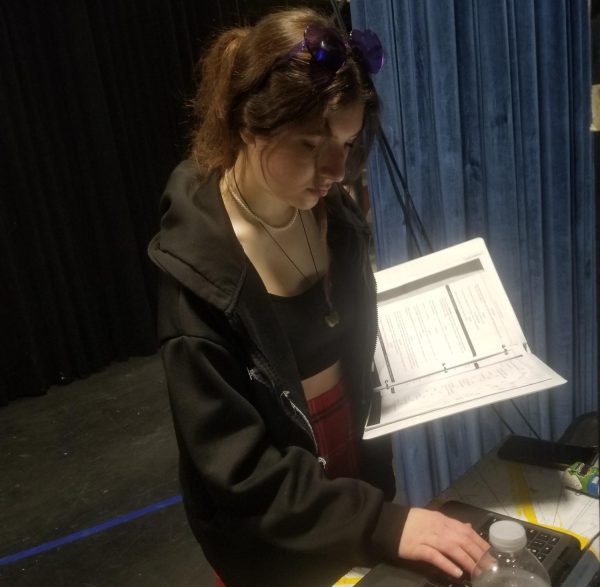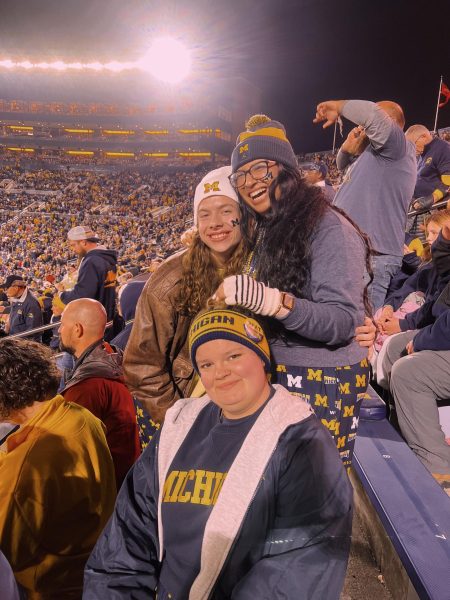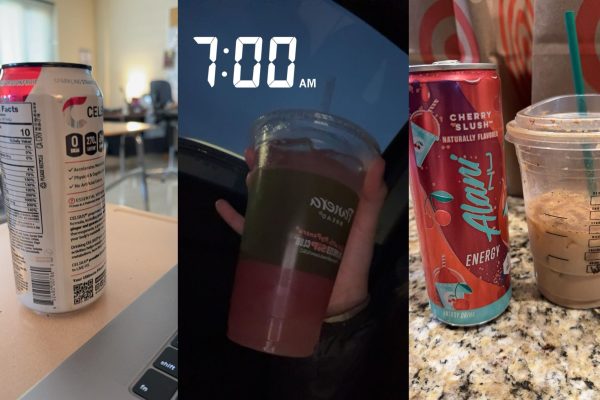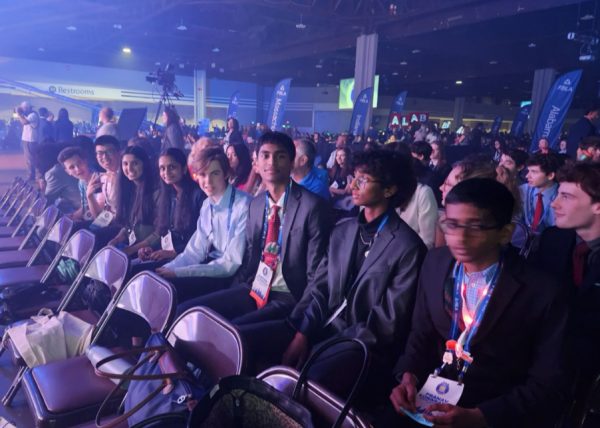Bye-bye iPhone: How will teens cope without their phones?
September 10, 2021
During the 2020-2021 school year, high school students had the option to stay home for virtual schooling due to the Covid-19 pandemic. This had many benefits, the main one obviously being that it protected staff and students from getting Covid and also got the number of Covid cases back down to a (hopefully) non-existent level. Though there were many benefits to virtual school, there were also some adverse effects; one of those being excess cell-phone usage during class. Students could turn off their cameras and were able to use their phones virtually whenever they wanted. Due to this, many teachers will struggle with enforcing the UHS policy of “no phones during class.”
In his Ted Talk “How Craving Attention Makes You Less Creative,” Joseph Gordon Levitt explained that when you start to crave attention, especially through social media, you start to sacrifice all of your outlets for creative release, as well as the ability to retain lasting information and do well in school. The increase in phone usage during virtual school, especially during class, is negatively affecting the students ability to do well in school, as social media is taking up so much of their energies.
Online resources such as Photomath, Sparknotes, and Quizlet were all abused by students during virtual tests because they were able to cheat with no repercussions. “I was on my phone all the time during online classes. I used Photomath for my math class and now I have no idea what we’re learning,” said Craig Davis, 11. Misty Hance, an Assistant Principal in an elementary school, said that “because most cell phones are equipped with internet access, students can easily look up answers and possibly cheat on assignments and tests. In similar ways, they can snap pictures of test items, share answers, and otherwise use them in inappropriate manners.” Cheating was so readily available to students through their phones during online school that they will be behind during new classes. Let’s be honest, everyone cheated at least once during virtual school. It was inevitable. And though teachers were expecting it, they couldn’t do much to stop it.
Students have relied heavily on their phones for the past year and a half. Whether that be for entertainment, communication, virtual schooling, or, more likely, cheating during virtual school, students have become heavily dependent on their cell phones. One tenth grader said, “I’m going to have a hard time just remembering not to pick my phone up every time I get a notification. It really is addicting to check just to see who texted me or something.”
Students that went through a year and a half of virtual school, having gotten used to having next to no restrictions on having phones in class will have a hard time going back to the policy of “no phones in school” that being in the UHS building enforces. There could be an increase in the number of students who are caught cheating and an increase in students forgetting or ignoring this policy. Though many students weren’t susceptible to the taunting idea of cheating during virtual school, most were, and it’s suffice to say there’s going to be a learning curve for the whole ‘no phones’ thing.
Sources:
Gordon-Levitt, J. (2019, April). How craving attention makes you less creative [Video]. TED. https://www.ted.com/talks/joseph_gordon_levitt_how_craving_attention_makes_you_less_creative?language=en
Hance, M. (2019, July 26). 5 ways to keep students off their cell phones in the classroom. Teach Hub. Retrieved September 10, 2021, from https://www.teachhub.com/technology-in-the-classroom/2019/07/5-ways-to-keep-students-off-their-cell-phones-in-the-classroom/

